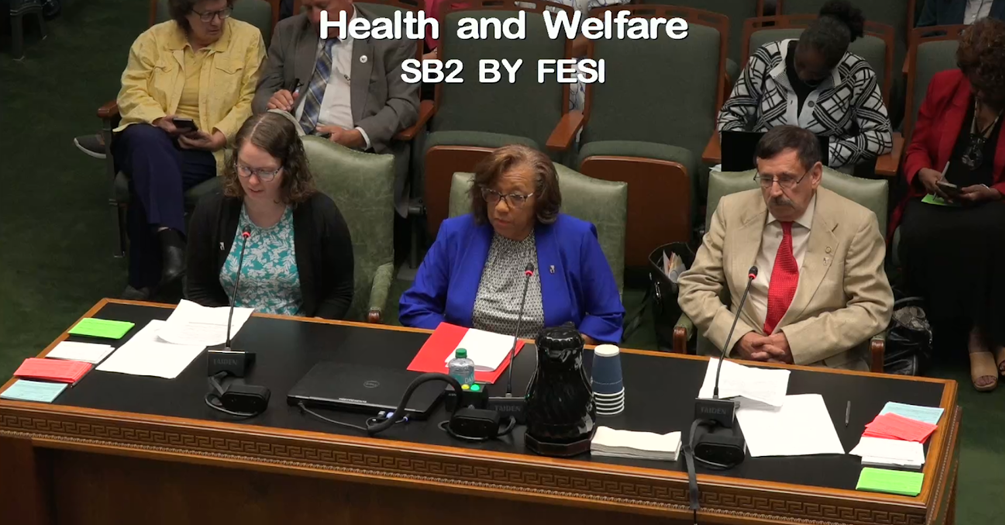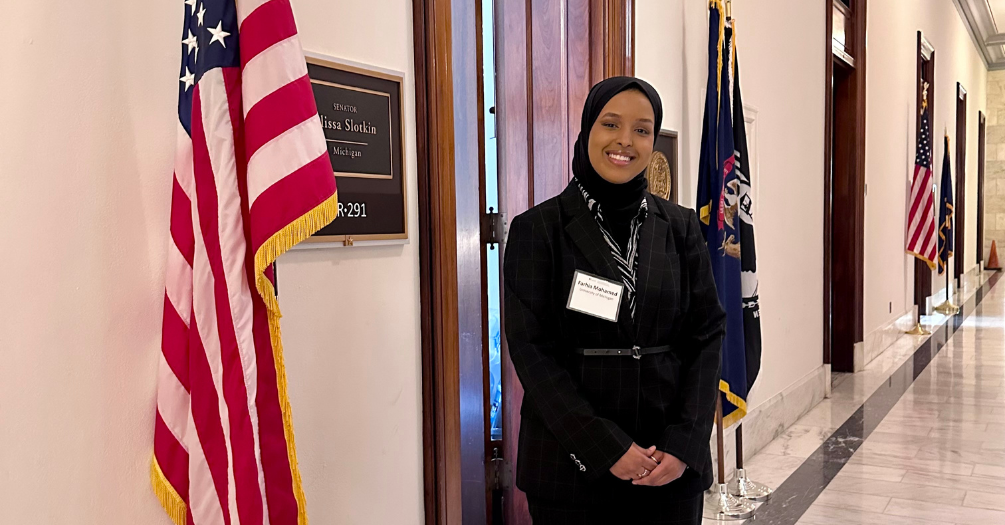
My experience testifying against Louisiana's fluoride ban
Alicia Even
During an internship, Master's student Alicia Even testified against a bill aiming to ban water fluoridation in Louisiana, helping ensure continued access to this crucial oral health measure for residents facing dental care shortages.





